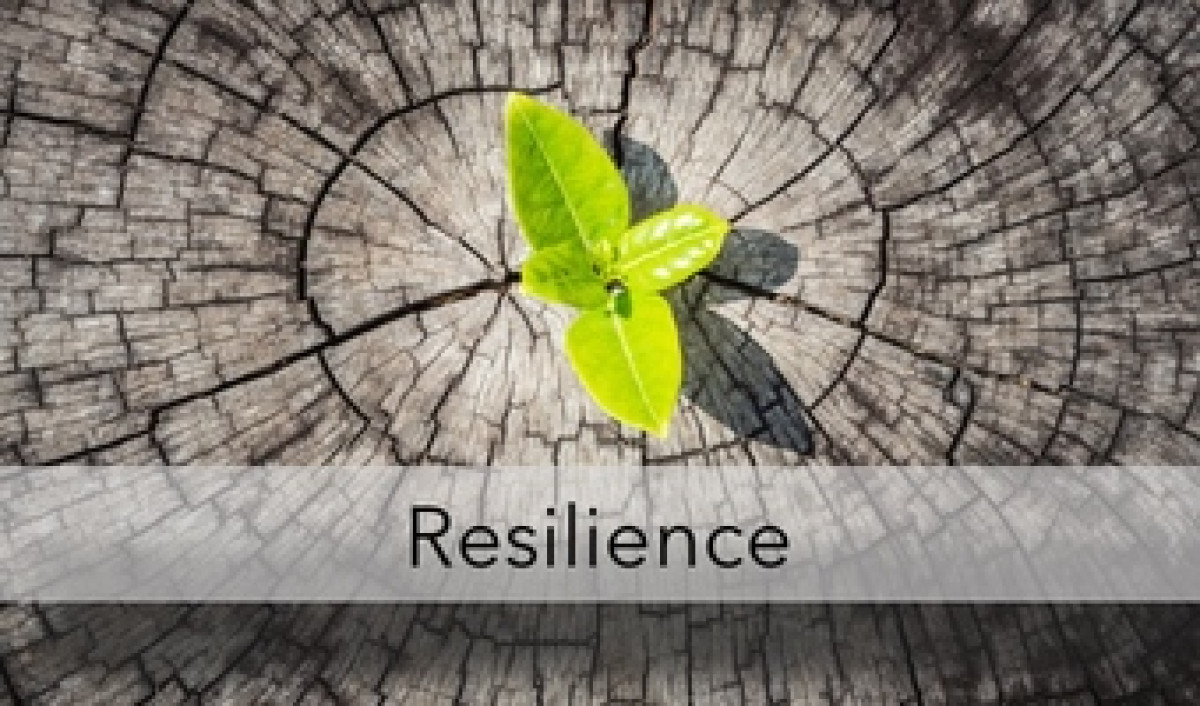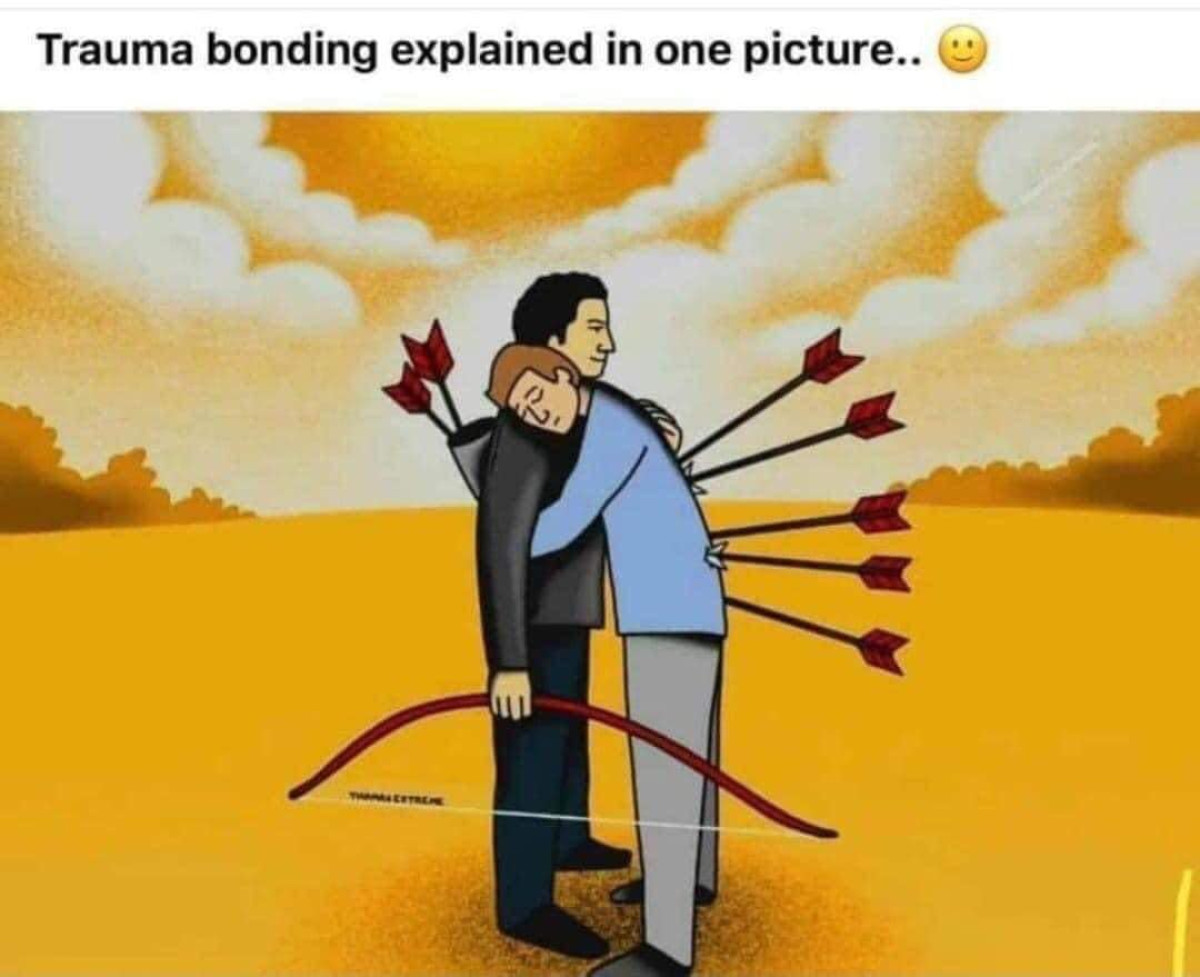

Grief is so much larger than what we expect, it’s not something we plan for, very rarely something we are ready to experience and so often not something we allow ourselves to experience fully.
Grief as defined by the American Psychological Association is "n. the anguish experienced after significant loss, usually the death of a beloved person. Grief is often distinguished from bereavement and mourning. Not all bereavements result in a strong grief response, and not all grief is given public expression (see disenfranchised grief). Grief often includes physiological distress, separation anxiety, confusion, yearning, obsessive dwelling on the past, and apprehension about the future. Intense grief can become life-threatening through disruption of the immune system, self-neglect, and suicidal thoughts. Grief may also take the form of regret for something lost, remorse for something done, or sorrow for a mishap to oneself." (APA, 2023)
Grief is so much larger than what we expect, it’s not something we plan for, very rarely something we are ready to experience and so often not something we allow ourselves to experience fully. Regardless of the context of our grief the feelings are the same, it's just that as humans we compartmentalise grief into cultural, and socially acceptable forms of expression. One thing is sure, grief needs to be experienced, processed, and even celebrated, grief has an ongoing job to do within our hearts, minds and souls so we can continue moving forward.
If we actually look at what triggers grief in our lives in its barest form, it is simply a "separation" or a “major change” connected to someone or something that we love, a person, relationship, pet, job, home, car (the list is endless)….grief can be present in so many contexts including if a person has suffered abuse, abandonment or neglect from a significant caregiver or partner. So, there is no right or wrong context for us as human beings to be experiencing grief. Grief is personal, and grief is contextual.
Most of us have heard of the 5 stages of grief, these are denial, anger, bargaining, depression and acceptance however as researchers learn more about grief and loss, they’ve discovered two more stages that have been added to the five stages of grief which help us to understand a little better the psychological and neurological process that we go through as we grieve.
“The seven stages of grief are based on the five-stage approach, and help explain the often complicated experience of loss. While you may not experience them all (or may experience them in a different order) these include:”
- shock and disbelief
- denial
- guilt
- anger and bargaining
- depression, loneliness and reflection
- reconstruction (or ‘working through’)
- acceptance
(Usher, 2020)
So, how do we process our grief in a healthy way that creates an environment of safety and provides permission for us to grieve in the way that’s best for each individual? Below are some tips to help process grief at whatever stage you are at.
- Acknowledge you are grieving.
- Give yourself permission to grieve...never compare your grief to another's even if another's grief "seems worse" than yours.
- Work through the inevitable self-blame and feelings of false guilt and false shame with a counsellor or someone neutral within your situation. (false guilt and shame is when we take on responsibility for something that isn’t ours to carry)
- Allow yourself to feel and express your feelings, there’s no right or wrong feelings when we are experiencing grief, give yourself permission to be mad, sad, relieved ect then find a safe way of expressing those feelings eg, counselling, journalling, art/music therapy, boxing bag…whatever works.
- Acknowledge that this grief and associated feelings are a part of your story, not a part of your identity.
- Give yourself permission to accept that the loss has happened and allow yourself to celebrate the person, pet, relationship or object as a part of your story, acknowledge the good and the bad.
Grief is big, but so is the human spirit, there is hope to be found on the other side of whatever grief journey you are facing today.
Melinajbw
To work through your grief, make an appointment today face-to-face and online appointments available.
Book Your Appointment Online | Melina JBW Counselling Toowoomba
References
APA. (2023). Apa Dictionary of Psychology. American Psychological Association. https://dictionary.apa.org/gri...
Usher, J. (2020, October). What are the 7 stages of grief?. Counselling Directory. https://www.counselling-direct...






